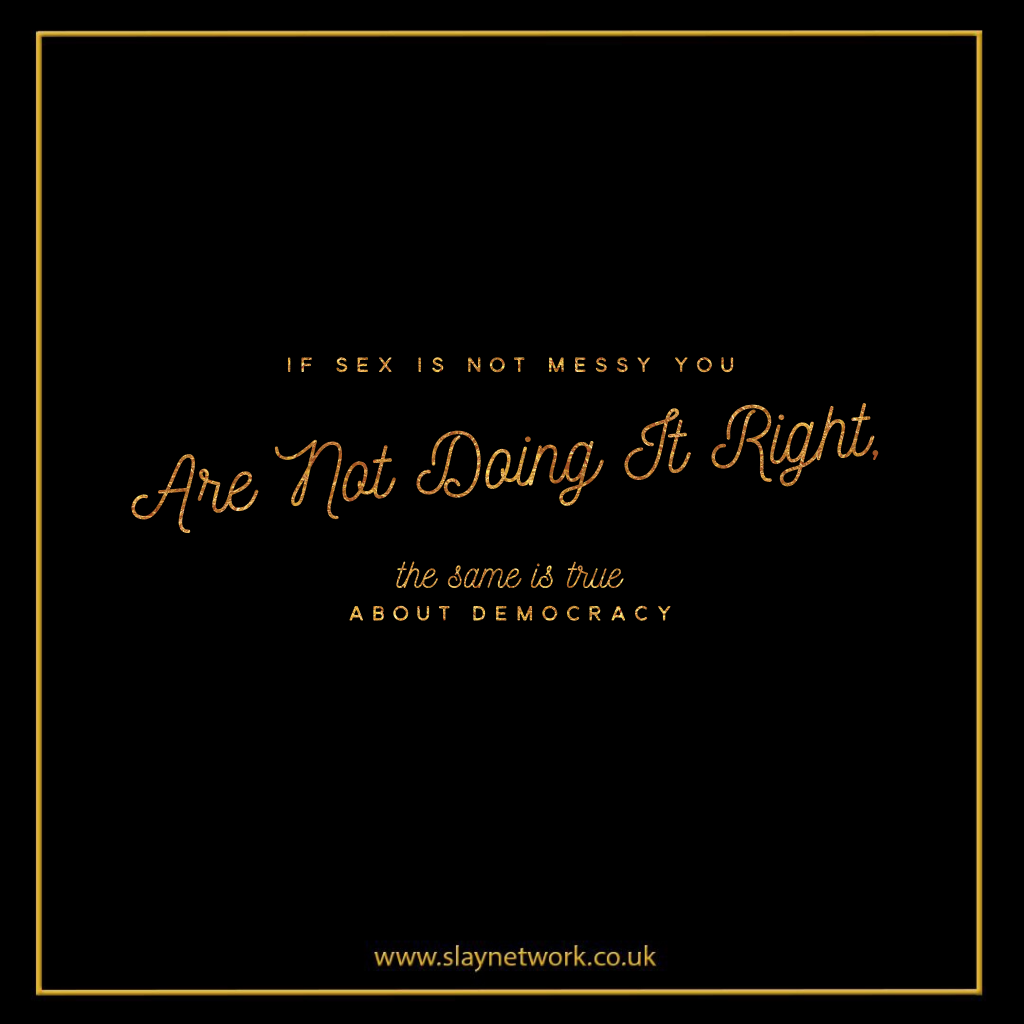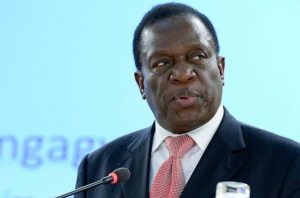
The difference between a democracy and a dictatorship is that in a democracy you vote first and take orders later; in a dictatorship you don’t have to waste your time voting.”
That cynical observation came from the late Charles Bukowski, an author described by Time magazine as “the laureate of American lowlife”.
Bukowski liked to say he chronicled the ordinary lives of poor Americans and the drudgery of work.
From another viewpoint, the late Winston Churchill wrote:
“The best argument against democracy is a five-minute conversation with the average voter.”
Finally, we quote the late Louis L’Amour, the Western novelist and short story writer:
“To make democracy work, we must be a nation of participants, not simply observers. One who does not vote has no right to complain.”
What Churchill said about uninformed voters still has the ring of truth but in this age of media manipulation it’s more like “misinformed”.
That becomes worse when some voters try to interpret what they think they heard from a particular candidate.
Election propaganda works best when a complicated issue is boiled down to a 30-second sound bite and then played too many times.
Making democracy work gets messy and sometimes the wrong folks get elected but we always have another chance to throw the rascals out of office.
In the end, we like what that old cowpoke Louis L’Amour said about not griping if you don’t vote.





